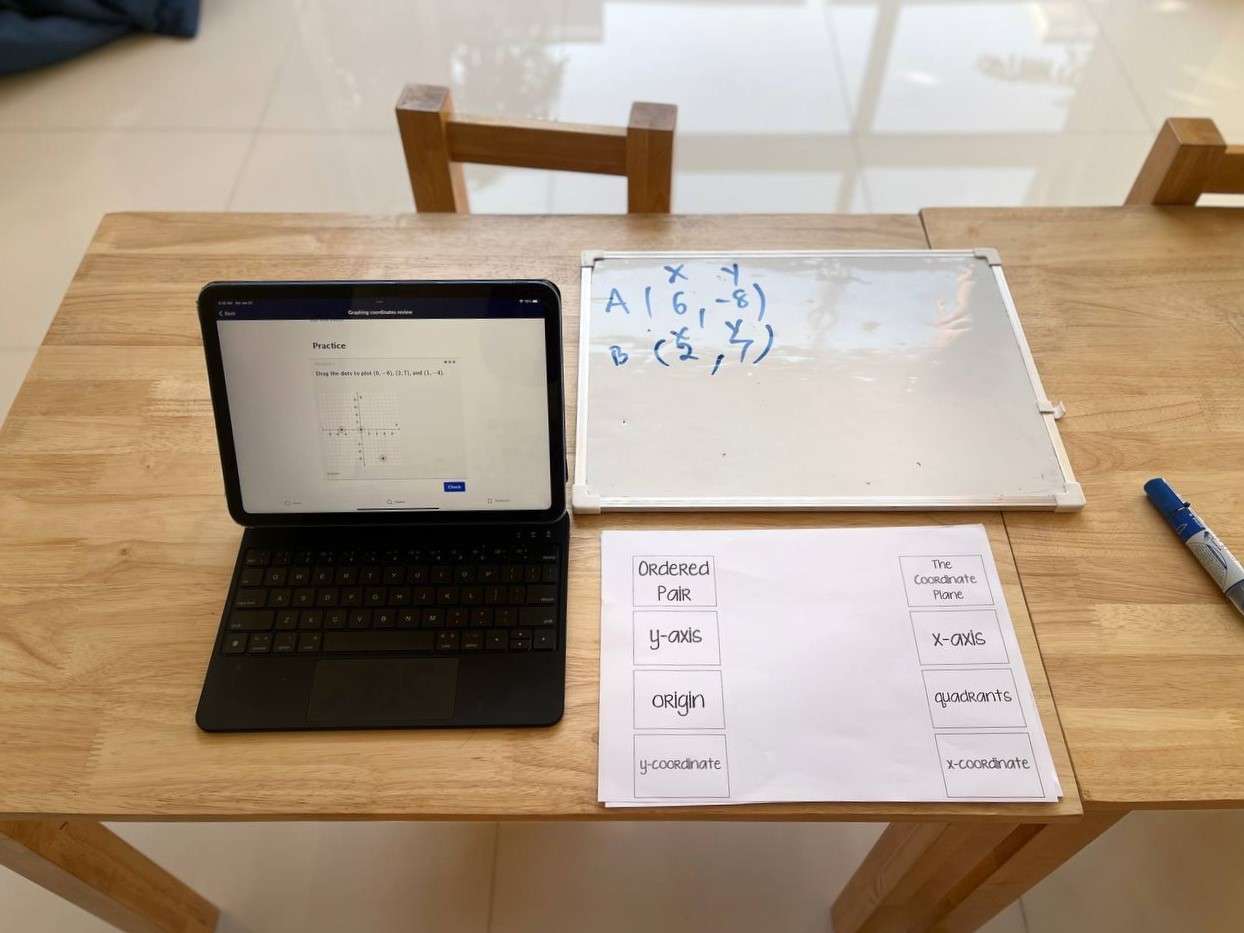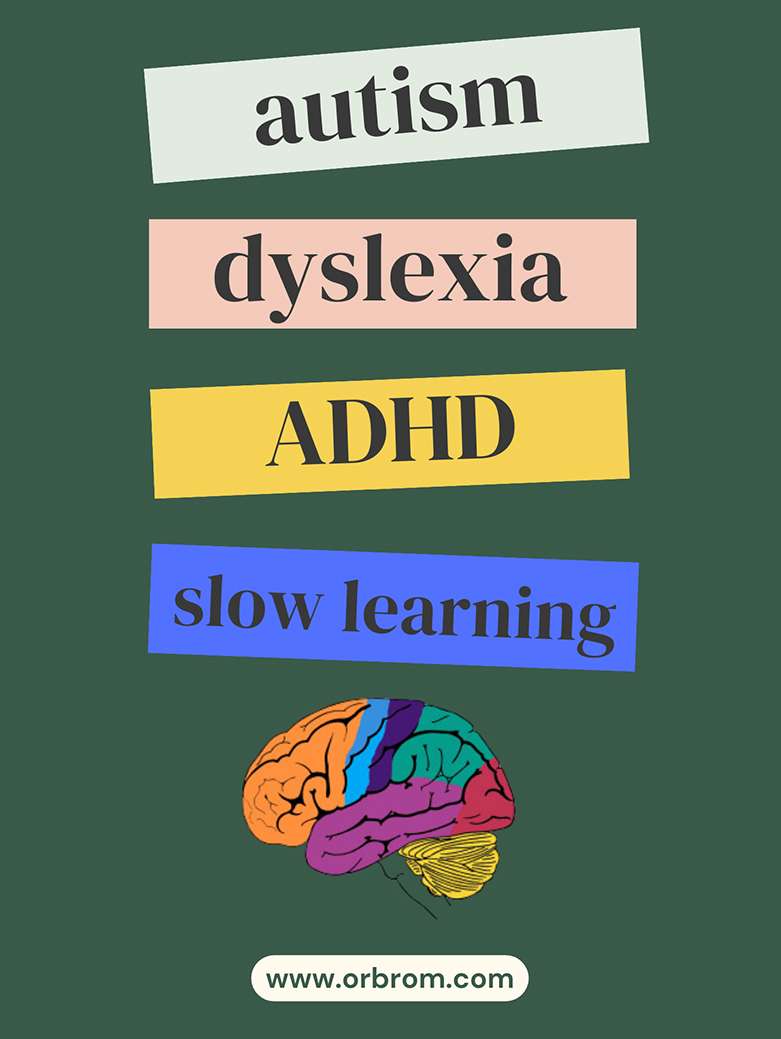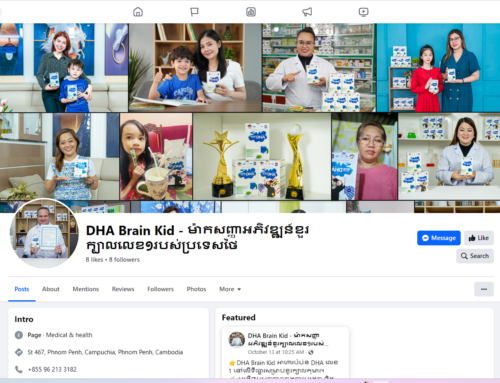Traditional teaching methods may not always cater to diverse learning styles and processing abilities, potentially hindering their grasp of key concepts. However, by implementing inclusive strategies and utilizing effective resources, educators can unlock the mathematical potential within every student, regardless of their individual needs.
Building a Foundation of Understanding:
- Multi-sensory Learning: Abstract mathematical concepts often benefit from being grounded in tangible experiences. Incorporating manipulatives, such as counting blocks, geometric shapes, and interactive digital tools, can provide students with a hands-on approach to visualizing and understanding abstract ideas.
- Universal Design for Learning (UDL): Applying UDL principles ensures accessibility for all learners. This involves providing multiple means of representation, action and expression, and engagement. Offering differentiated instruction through varied materials, scaffolds, and assessment methods caters to individual learning styles and paces.
- Explicit Instruction and Scaffolding: Breaking down complex concepts into smaller, manageable steps provides a clear learning pathway. Explicitly outlining expectations, modeling problem-solving strategies, and offering guided practice can build confidence and understanding, particularly for students who require additional support.
Promoting Engagement and Motivation:
- Real-World Connections: Demonstrating the relevance of math to everyday life can spark student interest and engagement. Integrating real-world scenarios, project-based learning, and cross-curricular activities allows students to apply their mathematical skills in meaningful contexts, fostering a deeper understanding and appreciation for the subject.
- Positive Reinforcement and Feedback: Celebrating successes, both big and small, creates a positive learning environment and motivates students to persevere. Providing frequent and specific feedback, while focusing on effort and progress, empowers students to take ownership of their learning and build confidence in their abilities.
- Collaborative Learning: Utilizing cooperative learning strategies allows students to learn from and support one another. Peer tutoring, group projects, and collaborative problem-solving activities can foster communication, critical thinking, and social-emotional skills while reinforcing mathematical concepts.
Technology as a Valuable Tool:
- Assistive Technology: A range of assistive technologies can cater to specific needs and learning styles. Text-to-speech software, voice recognition tools, and digital manipulatives can provide valuable support for students with reading difficulties, fine motor challenges, or other learning disabilities.
- Educational Apps and Games: Interactive educational apps and games can gamify learning, making math practice engaging and enjoyable. These tools can provide personalized learning experiences, allowing students to practice specific skills at their own pace and reinforce mathematical concepts in an accessible and motivating format.
Collaboration and Continued Learning:
- Effective Communication with Parents and Specialists: Regular communication and collaboration with parents, special education teachers, and other support personnel is crucial in ensuring a seamless and coordinated learning experience for students with special needs. Sharing teaching strategies, progress updates, and challenges faced enables everyone involved to work together to support the student’s success.
- Professional Development and Research-Based Practices: Ongoing professional development opportunities equip educators with the knowledge and skills necessary to effectively cater to diverse learning needs in the classroom. Staying informed about current research and evidence-based practices allows educators to continuously refine their teaching methods and create inclusive learning environments that benefit all students.
By implementing these strategies and utilizing available resources, educators can foster a positive and inclusive learning environment where students with special needs feel empowered to explore, understand, and excel in the world of mathematics. Remember, every student possesses unique potential, and with the right support and approach, they can unlock their mathematical abilities and achieve success in the classroom and beyond.
Services for Autism, ADHD, Dyslexia, Spelling Difficulty, social and slow learning, Down Syndrome, and Selective Mutism. OrbRom is the best option in Phnom Penh.
If you are concerned about your child’s development, Contact OrbRom Center for Assessments.
Phone/Telegram: 077.455.993
Telegram Link: https://t.me/OrbRom







